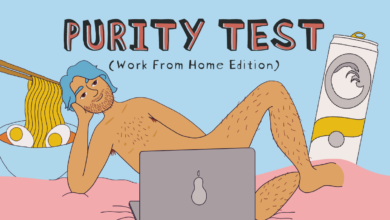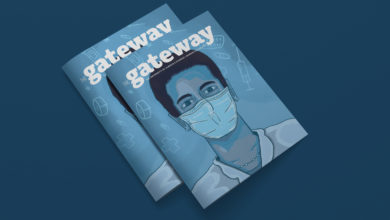 Joshua Storie
Joshua StoriePoint: Keep It Coming
The Alberta government raised the minimum wage again and plans to raise it to $15 per hour by fall 2018. While the government is facing criticism over its plan, there are actually many good reasons for raising the minimum wage in Alberta.
For one, people rely on the minimum wage. Many people living in poverty work minimum wage jobs and every extra dollar counts. The perception that only teenagers who live at home work minimum wage jobs just isn’t true. According to the Government of Alberta, 67 per cent of minimum wage earners are not teenagers, and 41 per cent are parents. People need a wage they can depend on in order to better support both themselves and their kids. As a side note, $15 per hour isn’t even a living wage in Edmonton, it’s $17.35 per hour, according to the Edmonton Social Planning Council.
Another reason to raise the minimum wage is that it will help fight income inequality in the province. Alberta has the highest rate of income inequality in Canada and the province as a whole suffers for it. The Parkland Institute reports that income inequality negatively affects the province’s health care system and everyone, rich and poor, generally gets more sick than those living in other provinces because of it.
Finally, a $15 per hour minimum wage is not the job killer people think it is. A report saying that a $15 minimum wage could lead up to 25,000 jobs being lost has been floating around recently, but according to the Parkland Institute, the report fails to take into account certain economic factors like inflation and that number is probably closer to 2,000. In fact, putting more money in people’s pockets will encourage them to spend more and potentially stimulate the economy.
While there are real concerns, raising the minimum wage in Alberta is generally a positive thing. The Government of Alberta should go ahead with its plan for a $15 per hour minimum wage despite the opposition they face. – Matt Gwozd
Counterpoint: Slow It Down
The minimum wage increase is a campaign designed to paint the government as beneficent while causing real damage.
Say Widget Co. has 100 full-time employees earning minimum wage. At $11.20 per hour, the company payed $179,000 per month in wages.
In the last two years, the minimum wage has gone up twice, currently resting at $13.60. They now pay $217,600 per month — roughly a 22 per cent increase. Either prices must increase by 22 per cent or they need to cut jobs.
If they increase prices, they could lose sales, or drive inflation. Inflated prices reduce the buying power of employees, and drive the living wage up, negating the wage increase altogether. According to the February 2017 update of A Profile of Poverty in Edmonton, less jobs are available, and the ones that are available are paying increasingly less money. The money pool isn’t getting any deeper. The more qualified, skilled, or experienced employees are seeing little to no increase in pay. Equity shouldn’t mean bringing everyone down below the line.
Many jobs created in 2016 were part-time, while most of the jobs being terminated are full-time, skewing the employment data to minimize the apparent harm of this wage increase. Even so, the number of unemployed people still rose from 40,800 in 2014 (before the wage increases) to 58,900 in late 2016. Over 18,000 jobs have already been lost.
Small businesses can’t afford to lose employees, but with the increase, they can’t afford to keep them either. Our aging rural population can no longer afford to hire any help, the cost of one employee at $13.60 per hour being too great for many farms.
The human toll is far worse than the financial benefit. The Alberta government must reconsider their proposed minimum wage of $15 per hour, cap it now. If they do, and minimize the damage to what’s already been done. – Malcolm Steilow




